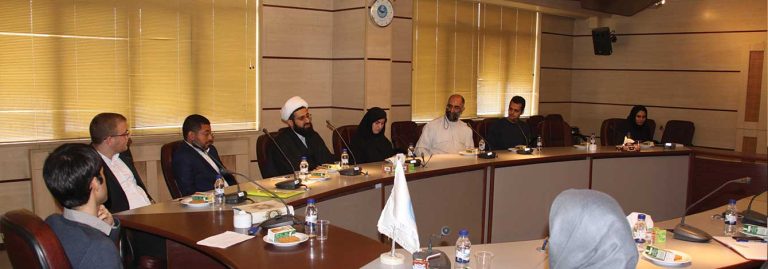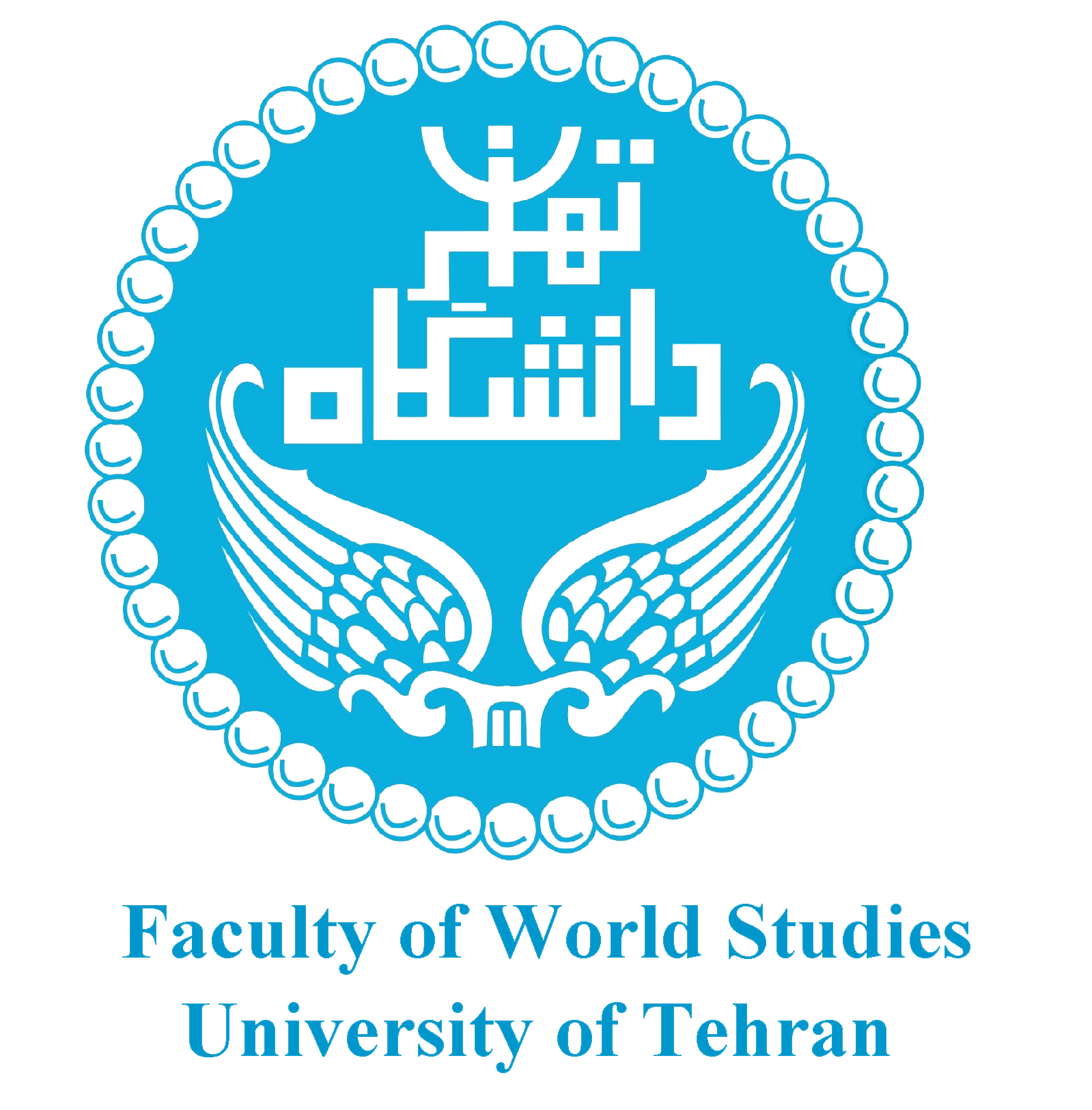رشته مطالعات آمریکای لاتین - دانشکده مطالعات جهان fws

Latin American Studies
One of the most significant events in world history is the discovery of the American continent by the Spanish, which holds great importance not only in the history of Spain but also in the history of Latin American countries. Spain, in addition to spreading its language and Christianity in Latin America, also transmitted its civilization—a civilization influenced by various cultures and civilizations, including those of the Middle East and the glorious Islamic civilization. Therefore, a remarkable feature of this region is its ethnic and racial diversity, which resulted from both forced migrations (such as African slaves brought for labor) and voluntary migrations (Spanish and Portuguese conquerors), leading to a mix of many races and ethnic groups.
In the Americas, 23 countries speak Spanish; their only commonality is language, as they are culturally, politically, economically, religiously, and civilizationally very diverse. This diversity further highlights the importance of establishing a Master’s program in Latin American Studies. This program allows researchers and enthusiasts to conduct specialized studies on the various civilizations and ethnic-racial diversity of the region, which is undoubtedly crucial for expanding and developing relations with this area.
Academic Latin American Studies began for the first time at Michigan State University in 1963. Subsequently, it gained importance and spread to other North American universities, as well as universities in Europe and Asia. This reflects the global recognition of the significance of understanding the countries in this region.
Iran’s relations with Latin American countries date back several decades, though not very far. The first embassy from this region in Iran was established during the reign of Reza Shah. However, Iran’s commercial relations with Latin America began about 30 years before Reza Shah’s era, when a man named Es'haq Khan traveled to Latin America for trade. After the Islamic Revolution, Cuba was the first Latin American country to establish diplomatic relations with Iran. These ties gradually expanded, reaching their peak today, with political, economic, and cultural relations between the Islamic Republic of Iran and Latin American countries becoming a top political-economic priority and a key aspect of Iran’s major policymaking.
This provides justification for founding the Latin American Studies program, aimed at fostering academic understanding of these countries. The program creates a favorable environment for gaining necessary knowledge of the history, civilization, culture, political structures, and sociological aspects of Latin American countries, while reviewing related studies conducted worldwide. It also establishes the groundwork needed to facilitate further research and studies, as understanding these countries from cultural, political, economic, and sociological perspectives can unlock many important national issues.
